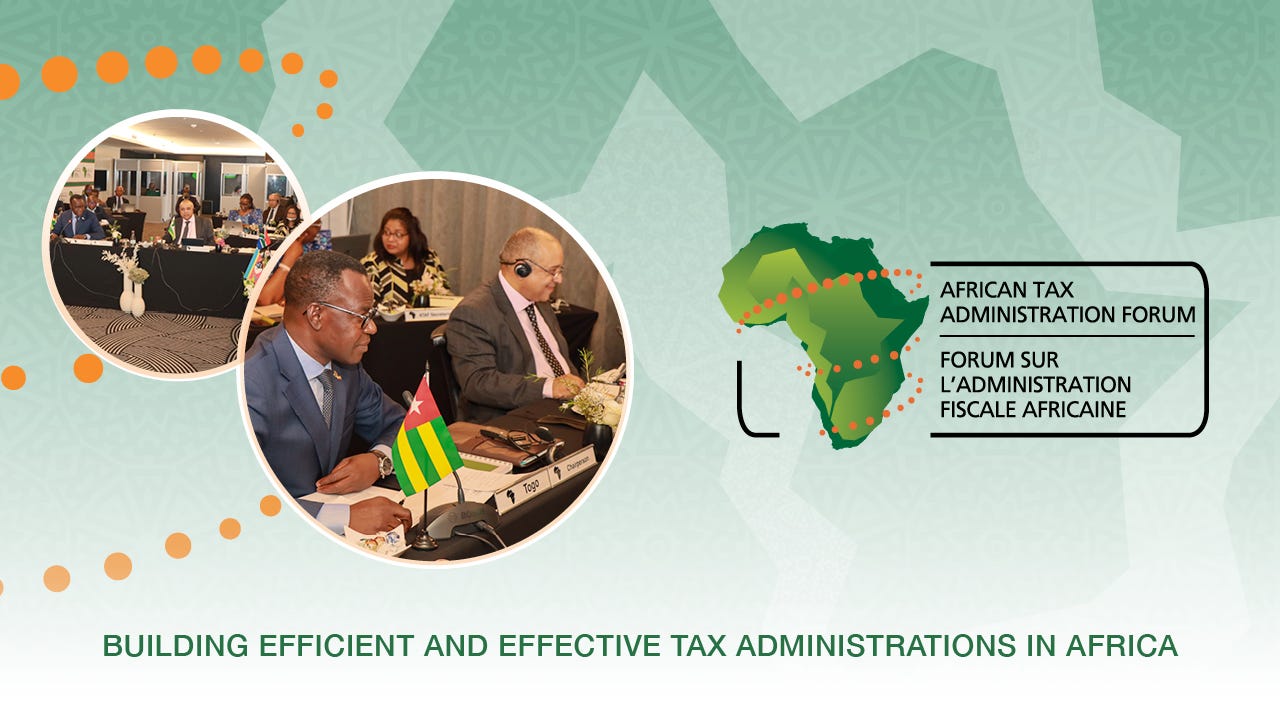ATAF Releases Revised Guidelines for Domestic Minimum Top-up Tax Legislation
Laying the Foundation for Equitable Tax Systems in Africa
Pretoria, South Africa- The African Tax Administration Forum (ATAF) has taken a significant step towards promoting fair and effective tax systems across the African continent with the release of its revised Suggested Approaches to Drafting Domestic Minimum Top-up Tax (DMTT) Legislation on Monday, writes Winston Mwale.
The DMTT is an integral part of the GloBE (Global Anti-Base Erosion) rules, which aim to ensure that large multinational enterprises are taxed at a minimum Corporate Income Tax rate of 15% on their global profits.
Many African countries have offered tax incentives that result in an effective tax rate of less than 15% for some multinational corporations.
Under the GloBE rules, if a tax incentive leads to an effective rate below 15%, another tax jurisdiction, typically where the multinational is headquartered, collects the difference as top-up tax.
The DMTT, however, empowers the country where the low-taxed profits arise from tax incentives to collect the top-up tax, rather than allowing it to be collected by the headquarters jurisdiction.
With over 50 countries planning to enact GloBE rules in 2024 and initiating top-up tax collection, African nations are strongly urged to promptly enact DMTT rules. This will safeguard their taxing rights concerning top-up tax arising from their own tax incentives.
The Suggested Approach offers three drafting options for countries to enact a DMTT, considering OECD administrative guidance to ensure it yields the same top-up tax amount as the Income Inclusion Rule. This alignment aims to mitigate potential Foreign Direct Investment (FDI) concerns by taxing tax incentives to the same extent as the Income Inclusion Rule.
The key highlights of the revised suggested approaches include:
Alignment with International Standards: The guidelines align with international best practices to promote consistency and coherence in tax rules.
Inclusivity and Consultation: ATAF engaged in extensive consultations with tax experts, government officials, and other stakeholders to ensure the approaches are grounded and practical.
Adaptability to National Contexts: The guidelines provide flexibility for adapting to individual countries' unique tax systems and circumstances.
Logan Wort, the ATAF Executive Secretary, emphasized, "The release of this revised Suggested Approaches marks a significant milestone in our collective efforts to strengthen domestic revenue mobilization. ATAF remains committed to supporting African nations in developing and implementing tax policies that are effective and contribute to sustainable economic development."
ATAF is prepared to assist its members in drafting Domestic Minimum Top-up Tax Legislation using the Suggested Approach.
The organization is launching an extensive program to support countries undergoing impact assessments to determine policy options and, where necessary, draft and introduce Domestic Minimum Top-Up Tax legislation.
The revised ATAF Suggested Approaches to draft Domestic Minimum Top-Up Tax Legislation can be accessed here.




